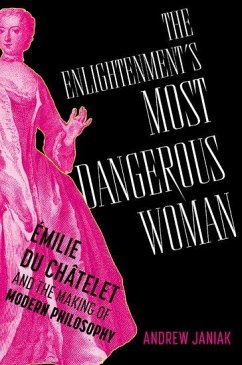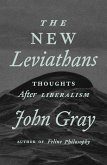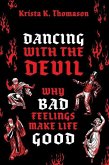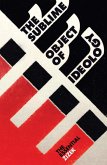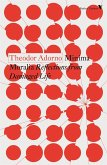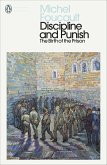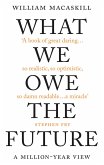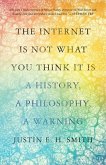Just as the Enlightenment was gaining momentum throughout Europe, philosopher Émilie Du Châtelet broke through the many barriers facing women at the time and published a major philosophical treatise in French. Within a few short years, she became famous: she was read and debated from Russia to Prussia, from Switzerland to England, from up north in Sweden to down south in Italy. Her proclamation that a true philosopher must remain an independent thinker, rather than a disciple of some supposedly "great man" like Isaac Newton or René Descartes, posed a threat to an emerging consensus in the Enlightenment Because of the threat that she posed to the status quo, the men who created the modern philosophy canon eventually wrote Du Châtelet out of their official histories. Now we can hear her voice anew when we need her more than ever. Her lessons of intellectual independence and her rejection of hero worship remain ever relevant today.
Hinweis: Dieser Artikel kann nur an eine deutsche Lieferadresse ausgeliefert werden.
Hinweis: Dieser Artikel kann nur an eine deutsche Lieferadresse ausgeliefert werden.

